A Founder's Mission for Neuro-Inclusion
Ksenia Golubeva
CBDO and co-founder of AutiHD, advancing AI-powered neurodiversity support.
Every so often, you meet a founder whose mission feels less like a business plan and more like a calling. That’s Ksenia Golubeva. After a decade spent at the heart of corporate innovation, navigating thousands of startups, she chose to build something fundamentally different. What drew me to her story was this deliberate pivot from optimizing profits to elevating human potential. In our conversation, you'll discover how a university journalism project planted a seed that, years later, would grow into a deep commitment to changing the narrative around neurodiversity. Ksenia's vision isn't just about building an app; it's about redesigning the world to celebrate every mind.
You spent over a decade orchestrating innovation, connecting corporations with thousands of startups. What was the catalyst that made you step away from that world and build AutiHD from the ground up?
AutiHD was born not from a desire to just 'launch a startup,' but from conversations with real people. Before we even considered building a product, we spent countless hours listening to the challenges, frustrations, and hopes of neurodivergent individuals. The idea grew organically from their stories. My previous experience taught me two crucial lessons: first, you must start with the genuine problems of your users, not a solution you've imagined in a boardroom. And second, there's a profound lack of ventures truly dedicated to improving a person's everyday quality of life. That realization was the real turning point for me.

Your work is deeply rooted in supporting adults with ADHD and autism. Can you trace this specific focus back to a particular moment or realization that shaped your commitment?
Years later, after moving to Luxembourg, I met my co-founder, Joël. He completely dismantled the stereotypes I, like many, held about autism, which were largely shaped by films like 'Rain Man.' Joël is brilliant, funny, and deeply insightful, and getting to know him made me realize how narrow our collective understanding is. His story showed me that the challenges don't just disappear after childhood; they persist through university and into the workplace, where the pressure to conform to a rigid mold forces so many to hide their true selves. It struck me that despite the time that had passed and the different country I was in, the core problem was identical: society struggles to see the person beyond the label. That's what makes this work so personal and urgent for me. We aren't trying to 'fix' people; we're trying to build a world that is ready to see them.
When you began developing a solution for a community as diverse as neurodivergent adults, what was the most significant assumption you had to unlearn?
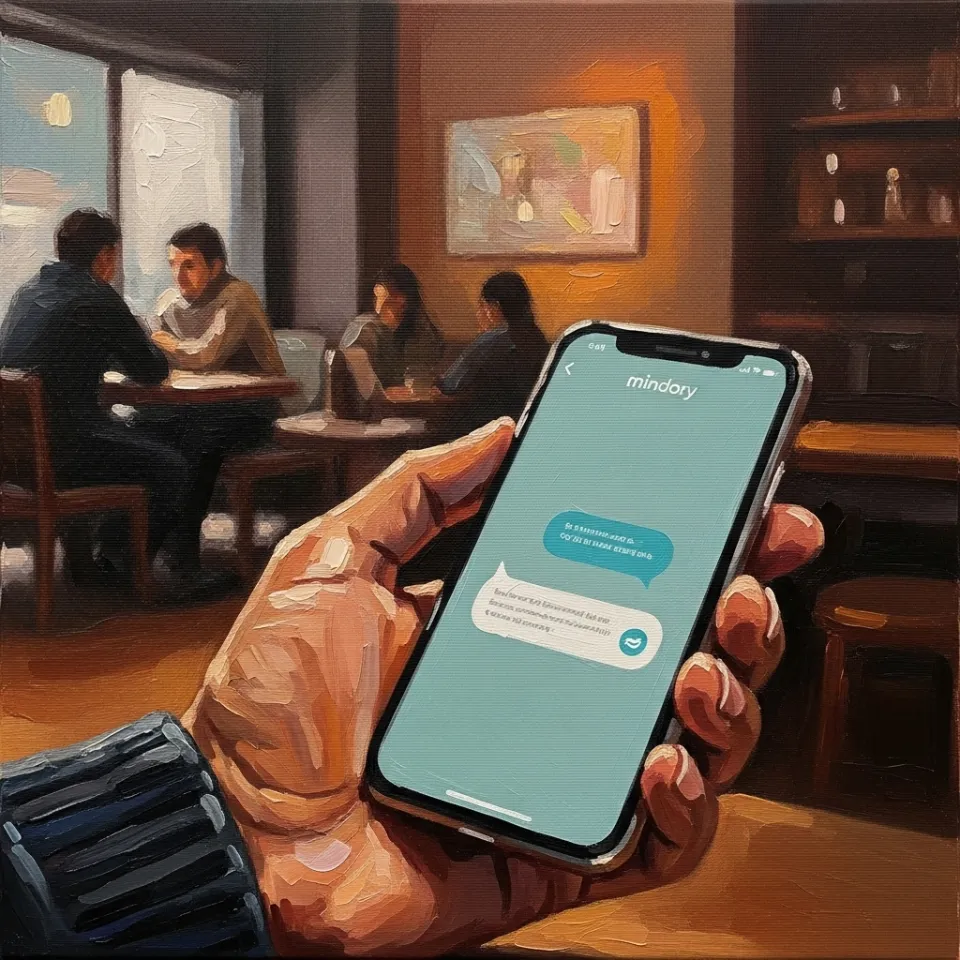
Could you walk us through how Mindory's AI works on a practical level to provide that personalized support, and what your roadmap looks like for enhancing this experience?
As for what's next, our roadmap is driven by user feedback. We already support most EU languages and are planning an Android version for 2026. Our immediate priorities are enhancing accessibility with customizable visuals and simplified onboarding for those who feel easily overwhelmed. We're also tackling two key user problems: helping with task initiation by breaking down complex projects into manageable micro-steps and developing smarter notification management to provide support without adding to the cognitive load.
Building a impactful product is one challenge; getting it into the hands of those who need it is another. What is AutiHD's strategy for scaling across Europe, especially navigating the complexities of healthcare and corporate markets?
Simultaneously, we're building a B2B2C channel by partnering directly with companies that are serious about inclusion. We offer workshops and mentorship programs to help them adapt their workflows and support their neurodivergent employees. Today, individuals can subscribe to the app, but companies can also purchase vouchers for their teams. This hybrid model, bridging direct-to-consumer access, corporate wellness, and eventually, the formal healthcare system, gives us a robust foundation for scaling our impact across the continent.
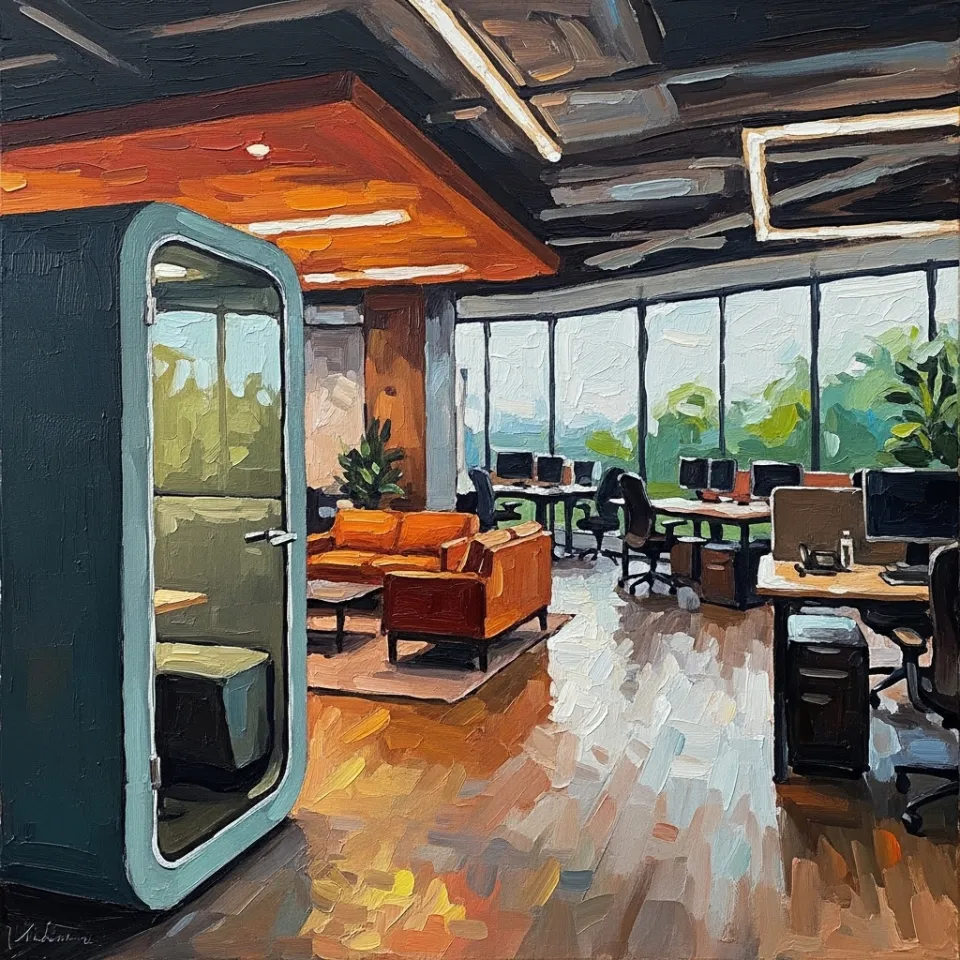
Looking beyond AutiHD, what fundamental societal shifts do you believe are necessary for us to build a truly neuro-inclusive world, and how do you see technology's role in that future?
Technology, and specifically platforms like our Mindory App, will be instrumental in this shift. But I don't see them just as 'workplace tools.' Their real power lies in becoming daily companions that support people in managing stress, organizing their lives, and maintaining balance. When people feel more confident and less overwhelmed in their personal lives, they can bring their authentic, brilliant selves to everything they do. That is the ultimate goal: to provide support that enhances daily life, which in turn naturally fosters more inclusive workplaces, communities, and societies.
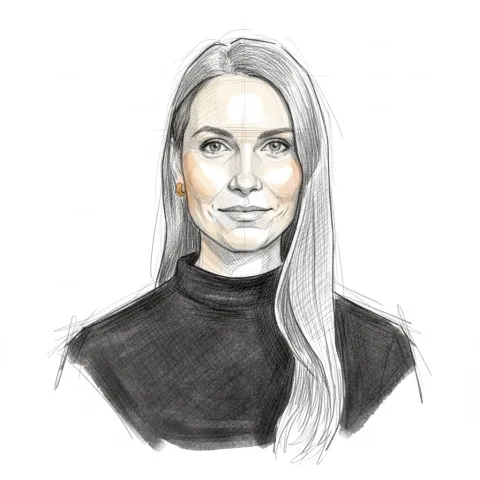
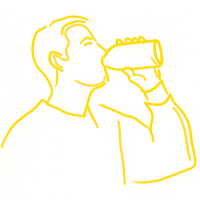
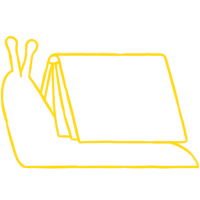
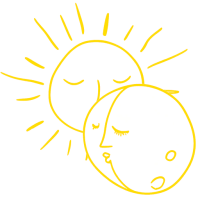
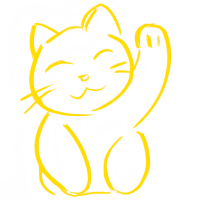
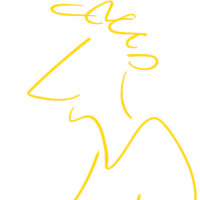

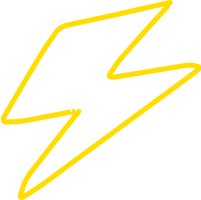

Share moment
Choose where you'd like to share this interview moment: